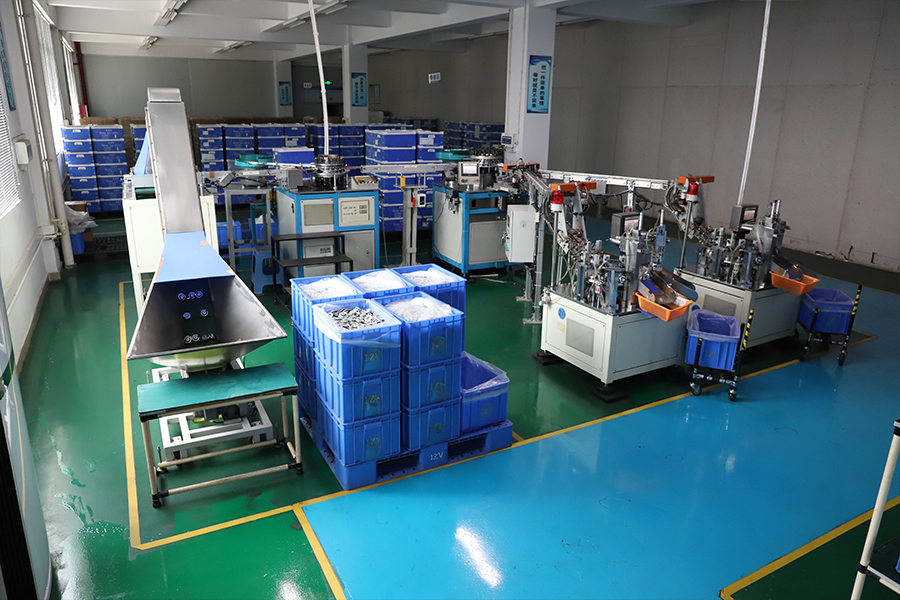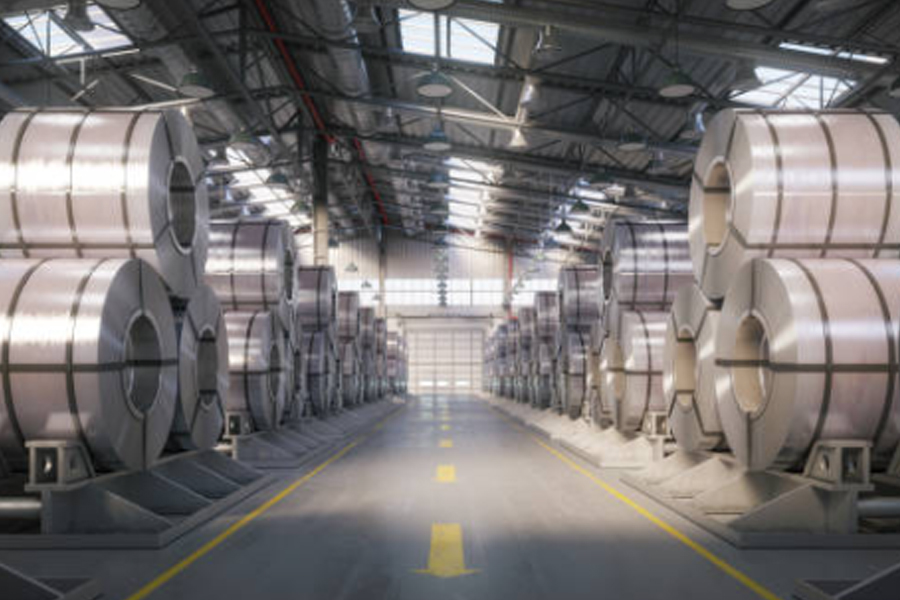
Medical parts requirements for sheet metal processing plant environment
Release time:2025-02-26 Click:82In the medical field, the quality of medical parts is directly related to the life, health and safety of patients. The processing of these parts often requires professional sheet metal processing plants. When it comes to medical sheet metal processing, medical product parts processing, and medical device accessories processing, the environmental requirements of sheet metal processing plants are extremely strict, which not only affects product quality, but also the development of the entire medical industry.
Cleanliness: Zero tolerance for dust control
Medical parts usually require extremely high cleanliness, because even tiny dust particles may affect the performance of parts, and thus have a serious impact on the operation of medical equipment. In the process of precision sheet metal manufacturing, any impurities attached to the surface of the parts may cause infection risks in subsequent use. For example, in the processing of surgical instrument parts, if dust is mixed in, it may cause wound infection during surgery, and the consequences are unimaginable. Therefore, sheet metal processing plants must be equipped with efficient air purification systems, and through filtering devices, the dust particles in the workshop are controlled at an extremely low level to create a clean processing environment.

Temperature and humidity: stable guarantee of precise control
Appropriate temperature and humidity are also critical for medical parts processing. Too high or too low temperature may cause thermal expansion and contraction of sheet metal materials, affecting processing accuracy. In laser sheet metal processing, thermal deformation of materials may cause deviations in cutting dimensions, which cannot meet the high-precision requirements of medical parts. And the change in humidity should not be underestimated. Too high humidity may cause metal parts to rust, reducing their service life and performance; too low humidity may generate static electricity, absorb dust, and affect product quality. Therefore, sheet metal processing plants need to install professional temperature and humidity control equipment to ensure that the temperature and humidity in the workshop are always maintained within an appropriate range.
Electromagnetic environment: safety protection to eliminate interference
Medical parts are often sensitive to electromagnetic environments, especially those used in electronic medical devices. Various electrical equipment in sheet metal processing plants may generate electromagnetic interference, which will affect the electronic components of medical parts and cause their performance to be unstable. For example, when producing medical parts with sensors, electromagnetic interference may reduce the sensitivity of the sensor and affect the accurate monitoring of physiological parameters by the equipment. Therefore, sheet metal processing plants should take effective electromagnetic shielding measures, such as using shielding materials to build workshops, and reasonably layout and ground electrical equipment to reduce the impact of electromagnetic interference on medical parts processing.

Noise and vibration: quiet and stable processing space
Noise and vibration are also factors that need to be considered. Excessive noise not only affects the physical and mental health of workers, but may also interfere with operational judgment during precision processing. When processing medical parts, workers need to concentrate highly, and noise may distract them and increase the risk of operational errors. At the same time, strong vibrations can cause the processing equipment to shift or shake, affecting the processing accuracy. Sheet metal processing plants should use low-noise and low-vibration equipment, and take shock absorption and sound insulation measures to create a quiet and stable environment for medical parts processing.
The strict requirements of medical parts on the environment of sheet metal processing plants are the key to ensuring the quality and safety of medical products. Only by continuously optimizing environmental conditions and meeting these requirements can sheet metal processing plants gain a firm foothold in the field of medical sheet metal processing and contribute to the development of the medical industry.